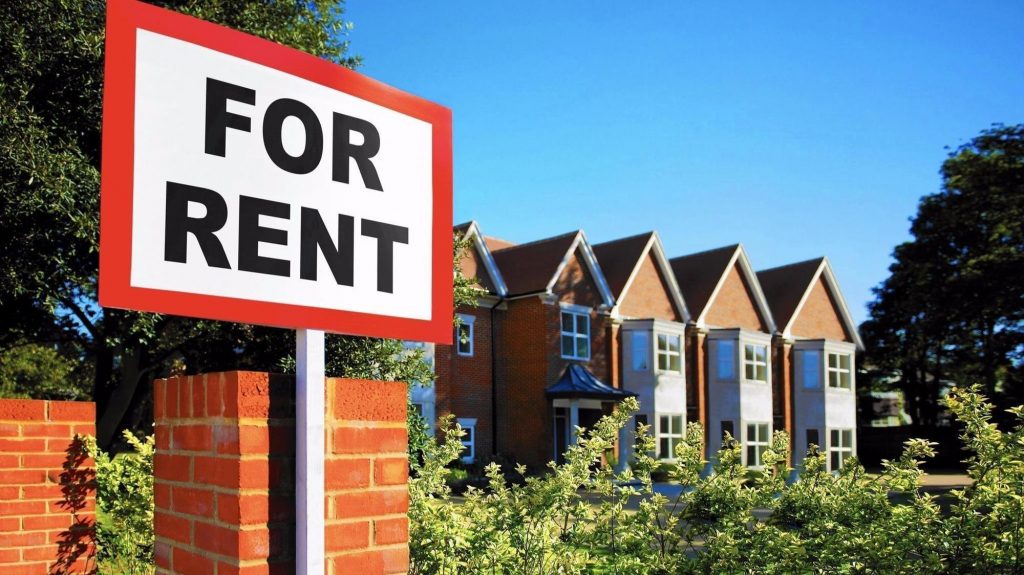Here at the Chernov Team, we believe the key to being exceptional advocates for our clients is keeping our thumb on the pulse of all things real estate. As you may be aware, the 1995 Costa Hawkins law makes it illegal for cities to enact “rent caps” on structures that were erected after 1995. Thus, buildings built after 1995 in cities that had previously enacted rent control laws, are exempt from those laws controlling rent. Costa Hawkins also prohibited cities from adopting rules designed to limit how much a landlord can increase the rent on a recently vacant apartment. Assembly Bill 1506 (“A.B. 1506”) represents a push-back from renters and is aimed at repealing Costa Hawkins.
In plain English, if A.B. 1506 passes, cities will be able to implement rent control laws, as well as policies referred to as “vacancy laws.”
Example of Vacancy Laws: Larry Landlord owns a 20 unit apartment building, all of which are currently rented at $1,000/month. Terry Tenant recently moved out of Larry Landlord’s apartment building, and Larry Landlord has found a new tenant to rent Terry’s old apartment. Without “vacancy laws” Larry Landlord might be able to charge the new tenant $2,000/month. With “vacancy laws”, the city may pass an ordinance prohibiting Larry from charging the new tenant an amount that represents anything over a 5% increase on the previous rent, or $1,050.
While the Chernov Team holds no opinion on the initiative, there appear to be two strong arguments (depending on which side you support).
Landlord Argument: Allowing cities to pass rent control laws or “vacancy laws” will place the landlord in a difficult position. The tenants who have been tenants for a long time (which is ideal for a landlord) will essentially be locked in to a rate that was acceptable 20 years ago but is no longer acceptable considering inflation and increased value of location. Further, when those long-term tenants leave, the landlord still can’t price the recently vacated unit competitively. Ultimately, this could have the effect of making rental units a bad investment, and ultimately reducing the total number of units available.
Tenant Argument: Housing prices have already gotten out of control, with many individuals spending nearly 50% of their monthly income on rentals. Owning apartment buildings is an investment, and landlords will naturally seek to maximize their profits. Without restriction on a landlord’s ability to raise prices, tenant’s will be forced to spend a larger portion of their income to live. In the long run, this hurts the economy – if consumers don’t have funds to purchase items and save for retirement, the economy will take a major hit.
The initiative’s supporters claim that they have received over 565,000 signatures, 200,000 more signatures than need, to place this initiative on the ballot in November. While this article won’t get into the nuances of the initiative process, it stands to reason that you will be casting a vote on this hot-button issue come November.
If you own a rental property, and A.B. 1506 passes, your investment may very quickly become unprofitable. Contact the Chernov Team today to discuss your options.
